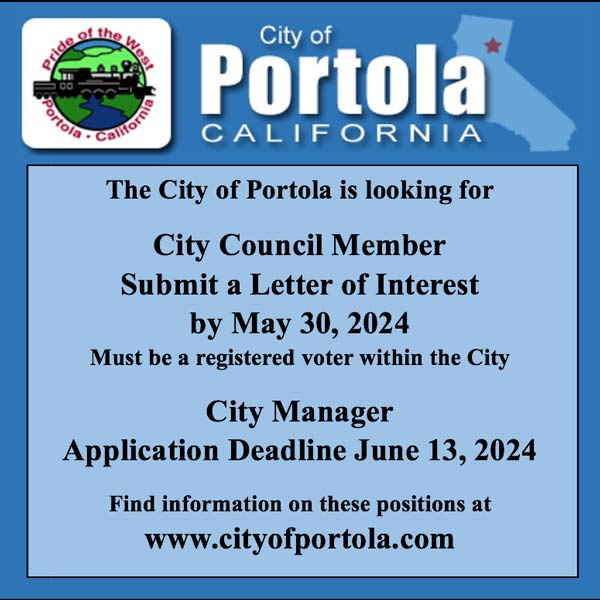Friends of Plumas Wilderness and Plumas Audubon Society invite the community to the second event in their Cultivating Connectivity speaker series program: a hybrid demonstration and field trip led by local conservationist Paul Hardy. The event will be held Saturday, May 11, beginning at 10:30 a.m. at the Quincy branch of the Plumas County Library at 445 Jackson St. Attendance is free and open to the public. The program is expected to last until 3:30 p.m.
The workshop will focus on the work of UC Davis’ Road Ecology Center, utilizing the California Roadkill Observation System, a volunteer-driven citizen science database, to study the impact of roads on wildlife movement. Participants will learn about the relationship between road infrastructure and wildlife behavior, as well as learn how data from CROS informs policy decisions and management strategies.
During the workshop, Hardy will provide a guided tour of the CROS website, offer context on its significance in understanding wildlife movement, and discuss the statewide funding landscape related to road ecology initiatives. Attendees will receive hands-on training on creating CROS accounts and entering roadkill data. Following the instructional session, participants will have the opportunity to collect field data in small groups. It is recommended that participants bring along a computer/tablet and a device for capturing images, such as a cell phone.

Organizers report that roads and highways undoubtedly have dramatic effects on the movement of wildlife and deleteriously impact landscape connectivity. Certain species exhibit complete aversion to roads, thereby limiting their ability to move freely through the landscape to access habitat. Other species may attempt to cross roads even with traffic present, resulting in wildlife mortality and risk to drivers.
The CROS system was developed to study the impact of roads on wildlife movement at multiple geographic scales, from individual animals at road crossing structures to hypothetical movement pathways at the landscape scale. The Upper Feather River Watershed has been underrepresented in these types of analyses due to the lack of data about human-wildlife collisions on local roadways. Organizers point out that information about where wildlife vehicle collisions occur, what animals are involved, on what roads collisions are frequent, and other factors can help inform policy, management and financial investment in reducing roadkill. This information is also actively being used to inform state funding and road crossing priorities.
Attendees will come away with a deeper understanding of the complex interactions between roads and wildlife, as well as practical skills for contributing to ongoing research efforts, say organizers.
About Paul Hardy
Paul Hardy’s extensive background includes founding the Feather River Land Trust and serving as its executive director for 18 years. His expertise spans conservation, land management and nonprofit leadership. From his early days as an avian researcher for the University of Arizona to his role as wildlife biologist for the Plumas National Forest, Hardy has been deeply involved in protecting habitats over the course of his career.
Born along the Middle Fork Feather River, Hardy said he developed a lifelong passion for the environment thanks to parents Becky and Richard Hardy, who instilled in him a love of fishing, hunting, hiking and wildlife observation. After earning degrees in wildlife biology, Hardy
returned to the Feather River region to help establish the Feather River Land Trust.
In his current capacity as a consulting conservation biologist with Hardy Conservation, Hardy continues to advocate for environmental conservation while prioritizing his role as a supportive parent to his teenage children, Emmalyn and Andrew.
More information is available at https://plumaswilderness.org/connect/cultivatingconnectivity/ and http://www.plumasaudubon.org/speakers.html.
Information provided by Friends of Plumas Wilderness




